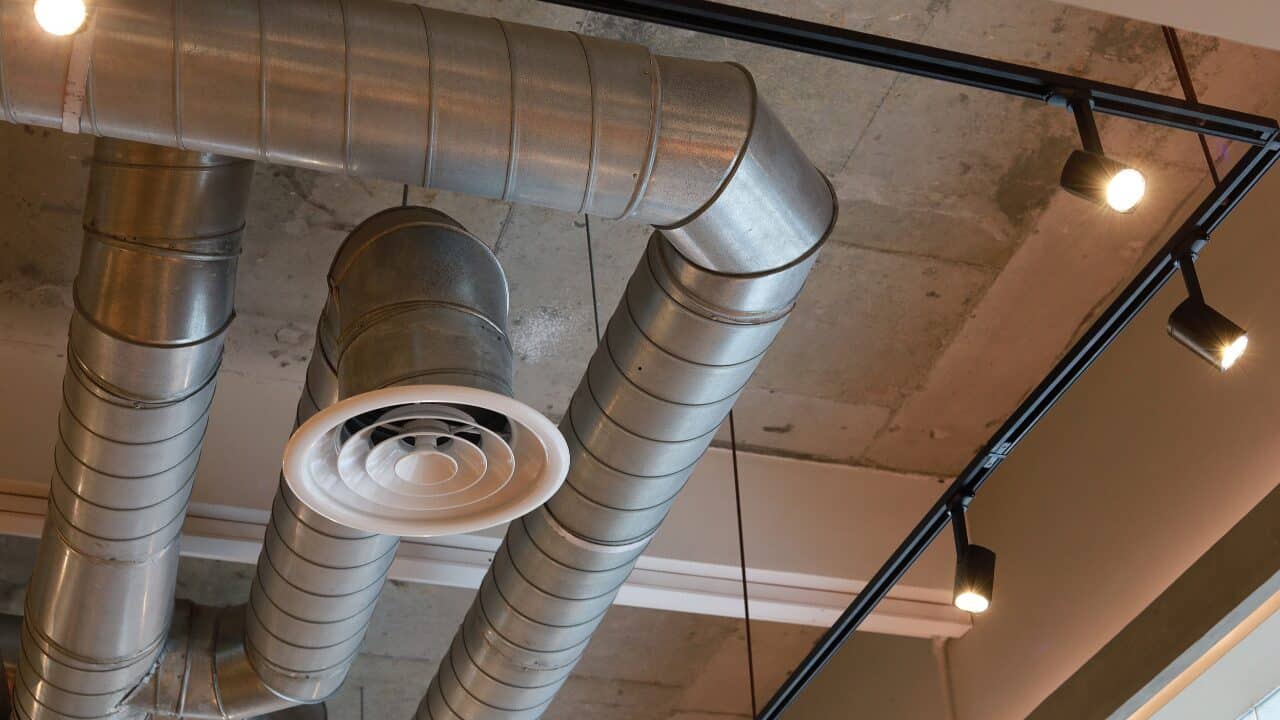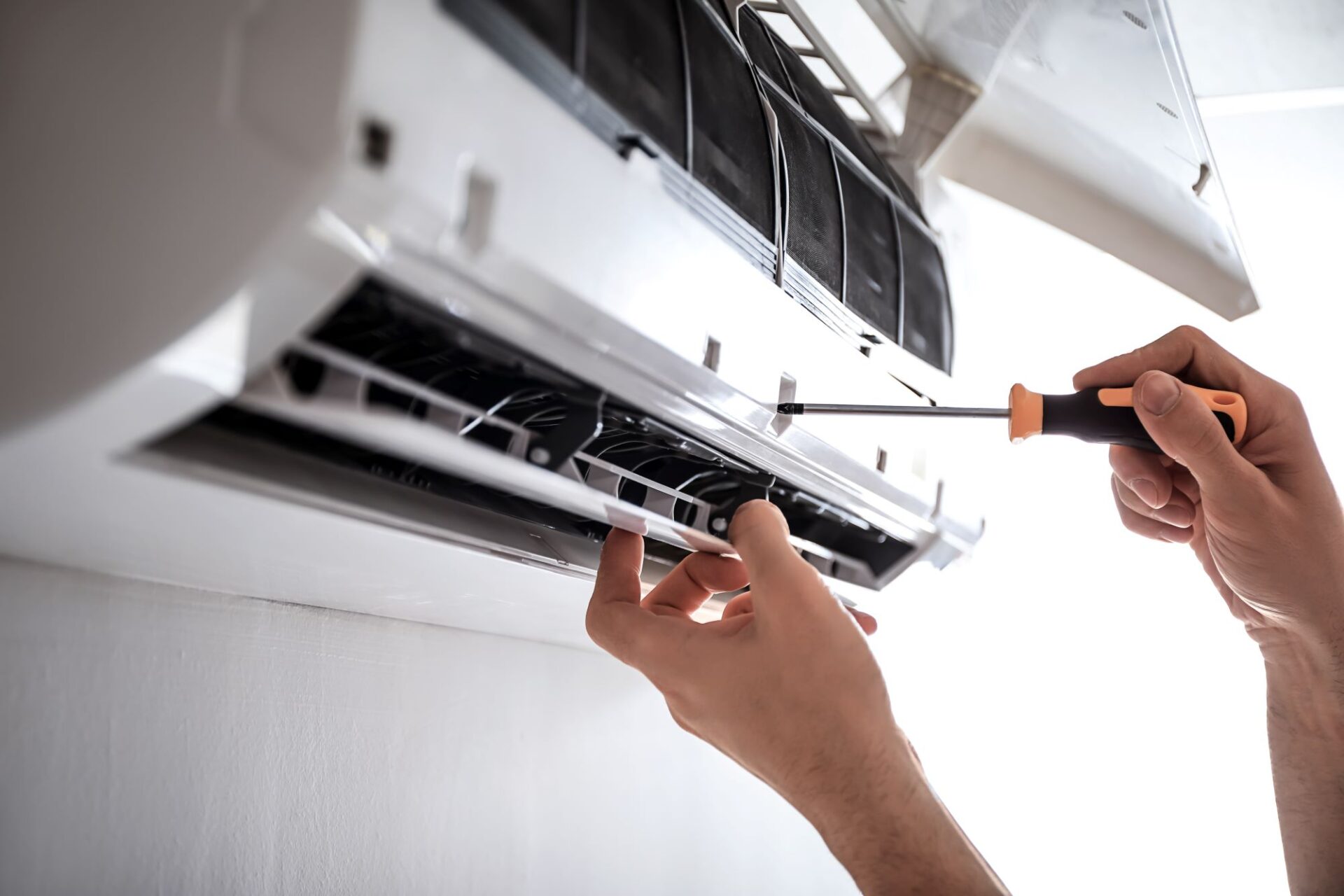Gas water heaters are essential appliances in many homes, providing hot water for various household activities. However, like any other mechanical system, they can encounter problems requiring repair. Knowing how to troubleshoot and address these issues can save both time and money while ensuring an uninterrupted hot water supply. In this article, we’ll provide a comprehensive guide to repairing gas water heaters, covering common problems and their solutions.
Table of Contents
Understanding Gas Water Heater Issues
Before diving into repairs, it’s crucial to understand the potential problems that can arise with gas water heaters. These include issues with the pilot light, thermocouple, gas valve, sediment buildup, and leaks. Identifying the specific problem is the first step towards effective troubleshooting.
Safety First
Safety should always be the top priority when working with gas appliances. Before starting any repairs, turn off the gas supply and power to the water heater. Additionally, ensure proper ventilation in the area to prevent the accumulation of gas fumes.
Step-by-Step Repair Guide:
Pilot Light Inspection and Relighting: If the pilot light has gone out, follow the manufacturer’s instructions to relight it. This typically involves turning the gas control valve to the “Pilot” position, lighting the pilot, and holding the reset button before releasing it.
Thermocouple Examination: Check the thermocouple, which is responsible for sensing the pilot flame. Ensure it is positioned correctly and free from corrosion. If damaged, replace the thermocouple.
Gas Valve Check: If the pilot light and thermocouple are functioning but the burner won’t ignite, the gas valve may be faulty. Gas valve replacement should be left to a qualified technician.
Leak Detection: Look for signs of gas leaks, such as a sulfur-like smell or hissing noises. If a gas leak is suspected, immediately turn off the gas supply and contact a professional.
Sediment Flush: To address reduced efficiency or rumbling noises, flush the tank by attaching a garden hose to the drain valve and draining several gallons of water until clear.
Routine Maintenance:
Prevention is key to avoiding future issues with gas water heaters. Implementing regular maintenance practices, such as annual tank flushing, leak checks, and ensuring proper ventilation, can prolong the life of your water heater and prevent costly repairs.
Seek the help of professionals:
If you are unsure about any aspect of gas water heater repair or if the problem persists after troubleshooting, it is best to seek help from a licensed plumber or HVAC professional. If you are in San Diego, here is a good gas water heater repair company: https://plumbing-united.com/sandiego/sandiego-gas-water-heater-repair. They have the experience and tools to safely diagnose and repair complex problems.
Conclusion:
Repairing a gas water heater can seem daunting, but with the right knowledge and precautions, many issues can be resolved without professional help. By following this comprehensive guide and prioritizing safety, homeowners can ensure their gas water heaters continue to provide reliable hot water for years to come.





